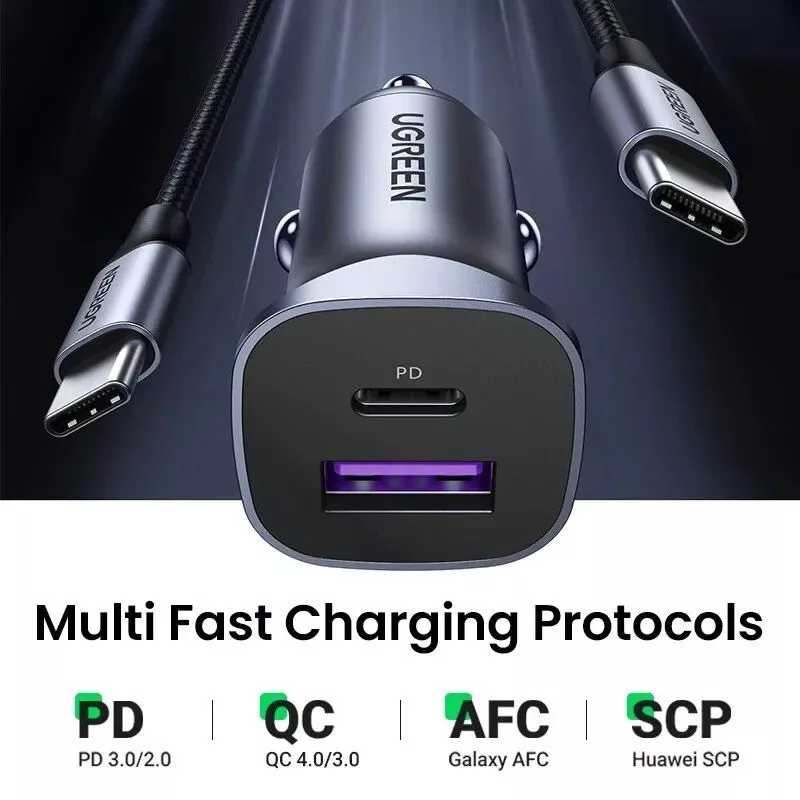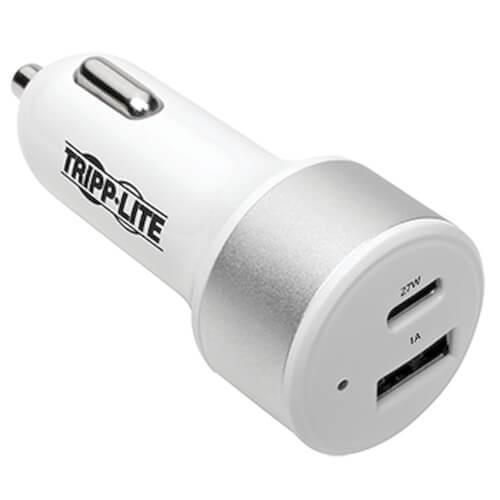-
Shop
- Advanced Technologies
- Auto
- Bathroom
- Clothing & Accessories
- Electronics
- Fashion
- Fashion Accessories
- Festive
- Furniture
- Furniture & Decor
- Gadgets
- Health & Beauty
- Home & Garden
- Home Electronics
- Kids & Babies
- Kitchen
- Lighting
- Patio, Lawn & Garden
- Pet Supplies
- Pets
- Sport
- Sport & Outdoors
- Spring Fashion Pack
- Stores
- Super Deals
- Tools & Equipment
- Travel & Outdoors
- Video Games
- Popular
- Best deals
The Ultimate Guide to Car Chargers: Everything You Need to Know


Car Chargers
Introduction
In our fast-paced world, staying connected is essential, whether you’re commuting, traveling, or just running errands. Car chargers have become indispensable tools for modern drivers. These devices allow you to charge your smartphones, tablets, and other electronics while on the road. In this article, we will explore the different types of car chargers, their benefits, practical tips, and much more. By the end, you’ll be well-equipped to make informed choices about car chargers tailored to your needs.
Understanding Car Chargers
When it comes to car chargers, there are several options available to suit various devices. Here, we will break down the primary types of car chargers:
Types of Car Chargers
-
- USB Car Chargers
– Description: The most common type, USB car chargers plug into the vehicle’s power outlet (cigarette lighter) and convert the car’s DC power to USB power.
– Pros: Versatile and compatible with most devices.
– Cons: Charging speed may vary depending on power output.
-
- Wireless Car Chargers
– Description: These chargers utilize Qi wireless charging technology to charge devices without the need for cables.
– Pros: Eliminates cable clutter, easy to use.
- Cons: Requires phone compatibility and may charge slower than wired options.
-
- Multi-Port Car Chargers
- Description: These chargers feature multiple USB ports, allowing you to charge multiple devices together.
– Pros: Convenient for families or individuals with multiple devices.
- Cons: Can consume more power and may heat up during use.
-
- Car Charger with Built-in AC/DC Inverter
– Description: These chargers can convert the car’s DC power into AC power, allowing you to plug in regular devices.
– Pros: Versatile, can charge laptops and other appliances.
– Cons: Bulkier and usually more expensive.
Key Features to Look For
When choosing the best car charger, consider the following key features:
-
- Output Power: Look for chargers with higher wattage (2.1A or more) for faster charging.
-
- Compatibility: Ensure the charger works with your device’s charging standards (e.g., Fast Charge, Power Delivery).
-
- Safety features: Choose chargers with built-in safeguards like overcurrent, overvoltage, and overheating protection.
-
- Design: Consider compact designs for portability and ease of use.
-
- Cable Length: If using a wired charger, longer cables can offer more flexibility.
Benefits of Using Car Chargers
Investing in a quality car charger provides several advantages:
-
- Convenience: Charge your devices while on the move, ensuring you’re always powered up for calls, navigation, and entertainment.
-
- Compatibility: Modern car chargers are compatible with a variety of devices, including smartphones, tablets, and GPS units.
-
- Safety: Charging in your vehicle eliminates the risks associated with public charging stations, which can compromise device security.
Practical Tips for Car Charger Usage
Here are some useful tips for maximizing your car charger experience:
-
- Use the Right Cable: Always use high-quality cables recommended by your device manufacturer to prevent damage and ensure optimal charging speed.
-
- Limit Background Applications: To reduce battery drain while charging, close unneeded apps on your device.
-
- Regularly Check the Port: Dust and debris can accumulate in the charging port, affecting performance. Regularly clean it to ensure a solid connection.
Case studies: Real-Life Experiences with Car Chargers
-
- Sarah’s Road Trip: Sarah relied heavily on her USB car charger during her cross-country road trip. With a multi-port charger, she kept her phone, camera, and portable speaker powered without any issues, allowing her to capture moments along the journey.
-
- Tom’s Work Commute: Tom, a sales executive, uses a wireless car charger in his vehicle. The convenience of simply placing his phone on the pad while driving allows for seamless use of GPS without worrying about tangled cables.
Comparing Car Chargers: A Quick Table Overview
| Type of Car Charger | Pros | Cons |
|---|---|---|
| USB Car Charger | Versatile, common, affordable | Charging speed varies |
| Wireless Car Charger | No cables, user-friendly | Less compatibility, slower |
| Multi-Port Car Charger | Charges multiple devices | Can heat up, uses more power |
| Inverter Charger | Versatile, charges laptops | Bulkier, more expensive |
First-Hand Experience: Choosing the right charger
When I first purchased a car charger, I overlooked the importance of output power. I initially went for an inexpensive model that worked fine for my smartphone but struggled to maintain a charge for my tablet during long trips. After upgrading to a more powerful multi-port charger, I found the difference in performance astounding. Now, I can charge both devices simultaneously without any hassle, highlighting the importance of investing in quality equipment.
Conclusion
Car chargers play an essential role in keeping our devices powered during our travels. With a clear understanding of the various types, benefits, and tips for use, you can select the right charger for your needs. Whether you need a reliable USB charger for everyday use or a high-powered inverter for long trips, the right choice ensures you’re always connected. Remember to keep safety features and compatibility in mind when selecting a charger, and you’ll gain a seamless charging experience on all your journeys.
Explore the diverse world of car chargers and ensure you have the right tools in your vehicle to keep your devices charged and your adventures uninterrupted!



















Leave a comment